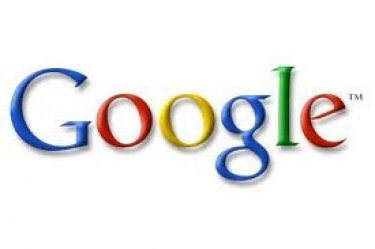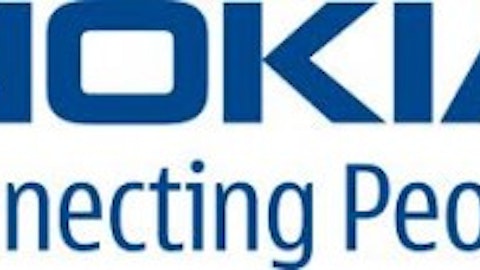
Where’s the growth coming from?
More than 90% of Google’s revenues are derived, either directly or indirectly via member websites, from its advertising revenues. At first glance, this would appear to make a case for Google bears: too much revenue from too narrow a line of business. But a closer look at how Google is driving the $11.9 billion in ad sales it enjoyed in Q1 of 2013 is warranted. With its industry-leading Android OS prompting smartphone and tablet users to access all things Google Inc (NASDAQ:GOOG), destination sites including the wildly popular YouTube, and a plethora of apps to enhance the visitor experience, it’s the master of generating back-door ad revenue.
Less tangible, but every bit as crucial to Google’s continued growth, is its concerted effort to push the technological envelope with new products and services, even as it explores ways to monetize existing assets. Google Inc (NASDAQ:GOOG)’s discussed transitioning its YouTube service and its more than 1 billion monthly visitors to a pay-to-play subscription service since last year. According to the latest rumors, that time is just about here. At a estimated $1.99 a month, it remains to be seen what kind of financial impact a YouTube subscription service will have, but if even a small percentage of its many active users get on board, it will pad Google’s already impressive bottom line.
With Amazon.com, Inc. (NASDAQ:AMZN) and Netflix, Inc. (NASDAQ:NFLX) knee-deep in streaming video, Google Inc (NASDAQ:GOOG) will need to do more than simply flip the YouTube subscription switch and wait for the money to roll in. Amazon.com, Inc. (NASDAQ:AMZN) raised the streaming-video bar by pouring millions into developing original content. Both have announced that their respective new offerings were a smashing success, and they’d better be. With the outpouring of cash, as Netflix, Inc. (NASDAQ:NFLX) and Amazon.com, Inc. (NASDAQ:AMZN) spend millions for each new original episode, success will ultimately be measured by bottom-line results.
As Google is demonstrating with the rollout of its new Fiber Internet connectivity service, taking on established industry heavyweights isn’t a problem. As for innovation, Google recently rolled out a wireless connectivity service in South Africa using “white space,” the unused and unlicensed part of the TV broadcast spectrum. And you can add Google Glass, a comprehensive suite of cloud services, social-media alternatives such as Google+, and even a home delivery service called Google Shopping, to the growing list of Google Inc (NASDAQ:GOOG) solutions.
From here
Google remains an Internet advertising industry titan, and that’s not likely to change in the immediate future. But it’s Google’s willingness to move beyond the mainstream, and having the technological savvy and financial wherewithal to do it, that sets it apart from the rest, and should continue to do so — all the way to $1,000 a share, and beyond.
The article Monetizing YouTube: 1 More Reason Google Will Reach $1,000 a Share originally appeared on Fool.com and is written by Tim Brugger.
Fool contributor Tim Brugger has no position in any stocks mentioned. The Motley Fool recommends and owns shares of Amazon.com, Google, and Netflix.
Copyright © 1995 – 2013 The Motley Fool, LLC. All rights reserved. The Motley Fool has a disclosure policy.




